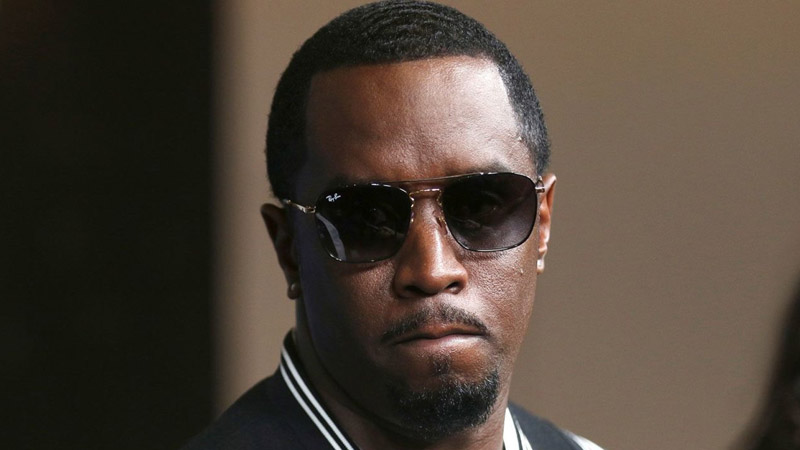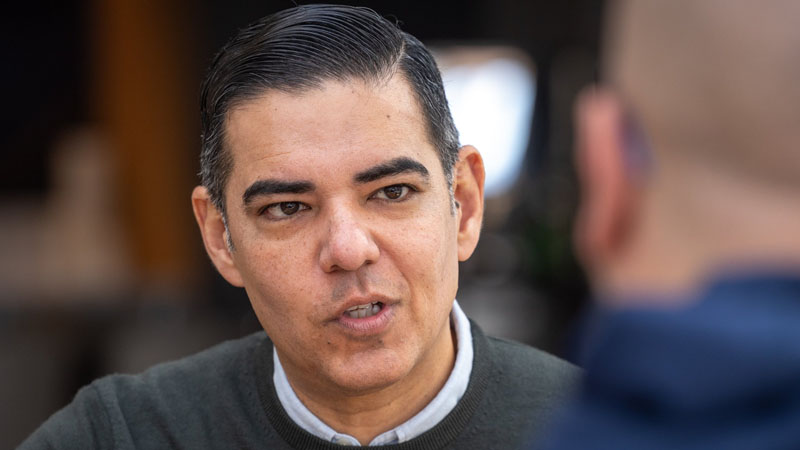Trump’s Minimal Vetting Could ‘Blow Up in His Face,’ Warns Former FBI Official

Donald Trump speaks at the Conservative Political Action Conference (CPAC) on Feb. 24, 2024 in National Harbor, Maryland. (Photo by Anna Moneymaker/Getty Images)
During an appearance on MSNBC, Frank Figliuzzi, a former assistant director for counterintelligence at the FBI, cautioned that Donald Trump’s decision to perform only cursory vetting on his Cabinet nominees could lead to significant backlash. His comments followed revelations of sexual assault allegations against Pete Hegseth, the Fox News personality Trump has nominated for secretary of defense.
Speaking with host Alex Witt, Figliuzzi warned that Trump’s approach to bypassing thorough vetting could expose his administration to severe scrutiny from Congress or President Joe Biden’s administration. “Be careful what you ask for; you might get it,” Figliuzzi said. “If you want an FBI vetting process that tells you risk and threat qualifications and competency and reputation, you’re going to get it, and he may not like the answers.”
Figliuzzi speculated that Trump’s avoidance of traditional vetting stems from a fear of uncovering damaging information about his nominees. “I think that’s the chief reason he’s avoiding it,” he added. The former FBI official also pointed out that the Senate Judiciary Committee or the Biden administration could step in to conduct the vetting process that Trump appears to be skipping.
“With regard to why President Biden or the Senate Judiciary Committee might want to do this now, I do have an answer for that: the answer is they can do it,” Figliuzzi stated. Drawing on historical precedent, Figliuzzi explained that legal frameworks allow for such investigations. “I looked at the executive orders through history, through Clinton, Obama, looked at two pertinent memorandums of understanding (MOUs) between DOJ and Senate Judiciary, DOJ and the White House,” he said.
He referenced the Presidential Transition Act of 1963, which permits a president to request FBI background investigations for nominees once their names are announced. “What’s my argument?” Figliuzzi continued. “The nominees’ names have been announced. If Trump isn’t going to comply with the existing protocols and practices, then we should comply with it and ask the Senate and the White House to request it now.”
The allegations against Hegseth and the broader concerns about inadequate vetting raise serious questions about the stability and integrity of Trump’s incoming administration. Figliuzzi’s remarks highlight the potential consequences of bypassing traditional vetting processes, suggesting that Congress and the Biden administration may step in to ensure nominees face appropriate scrutiny.




